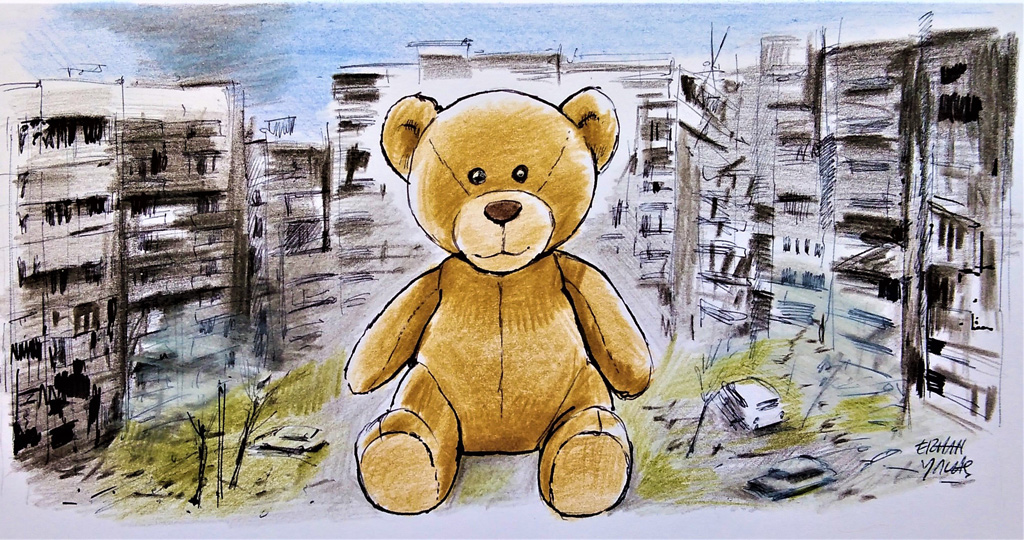
The course of the Russia-Ukraine war is changing
All countries in the Russian sphere of influence have duly noted that they will not bow to Moscow’s 'great military might' by using conventional methods
Share
As the Russian forces retreat from the outskirts of the capital Kyiv, the course of the war in Ukraine changes. With the images from Bucha fueling anti-Russian sentiment around the world, it would not be surprising for the campaign, which accuses Russian President Vladimir Putin of committing war crimes, to gain momentum. At the same time, it has already become clear that some scenarios that were written around the start of the Russian invasion on Feb. 24 will not become reality: We no longer hear about the likelihood of the Russian conquest of Kyiv and the toppling of Ukraine's President Volodymyr Zelenskyy’s government, or the possibility of Moscow gaining control over the Ukrainian territories to the east of the Dnieper River, thus dividing the country into two.
The current question relates to the mission of the Russian forces in Ukraine’s eastern and southern territories now that they have repositioned themselves after declaring that the first stage of the operation has been completed. Will there be a limited occupation to unite Crimea and Donbass, or a more comprehensive invasion to cut off Kyiv’s access to the Black Sea?
The Western alliance’s severe economic sanctions and strong support to the Ukrainian army, along with the poor performance of the Russian military and the fierce resistance of Ukraine’s armed forces and civilian population, changed the course of the war. Notwithstanding, Putin has scaled down the conflict as part of a new strategy. Indeed, he was compelled to make that decision due to military considerations. Had the Russian president failed to make that call, his venture into Ukraine could have proven more costly for Russia than the disaster in Afghanistan. It remains to be seen whether Putin’s decision will distract the world from what is happening in Ukraine.
Tags »
Related Articles







